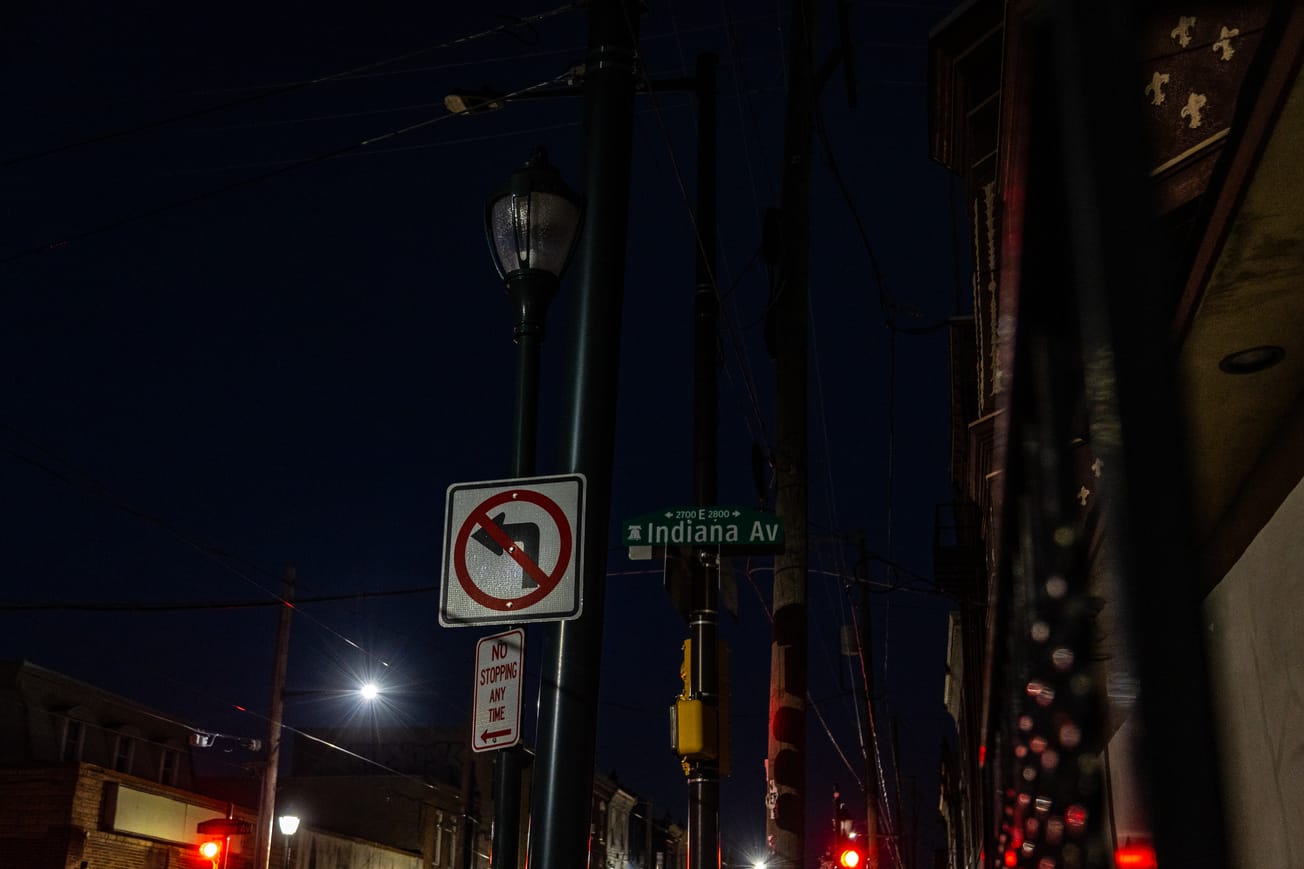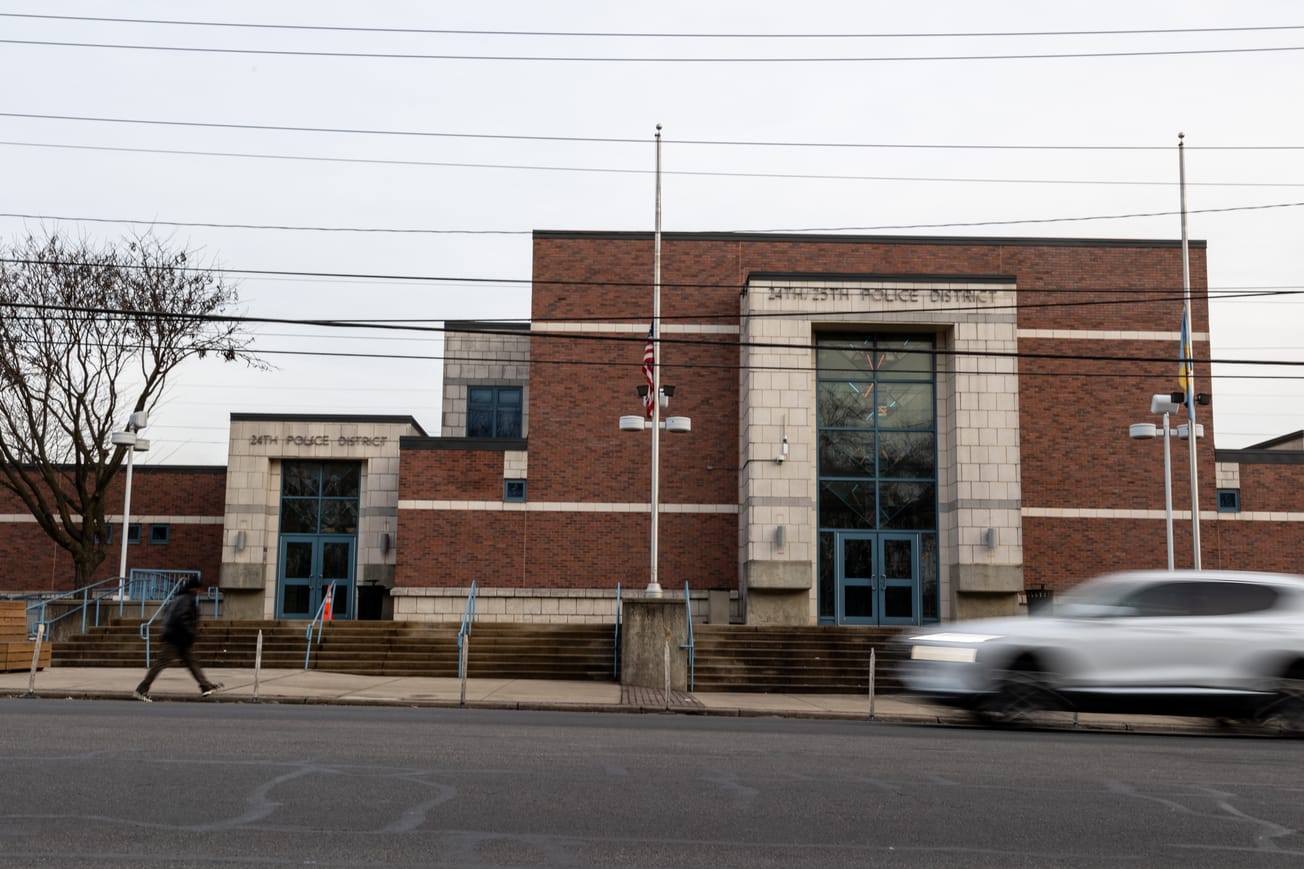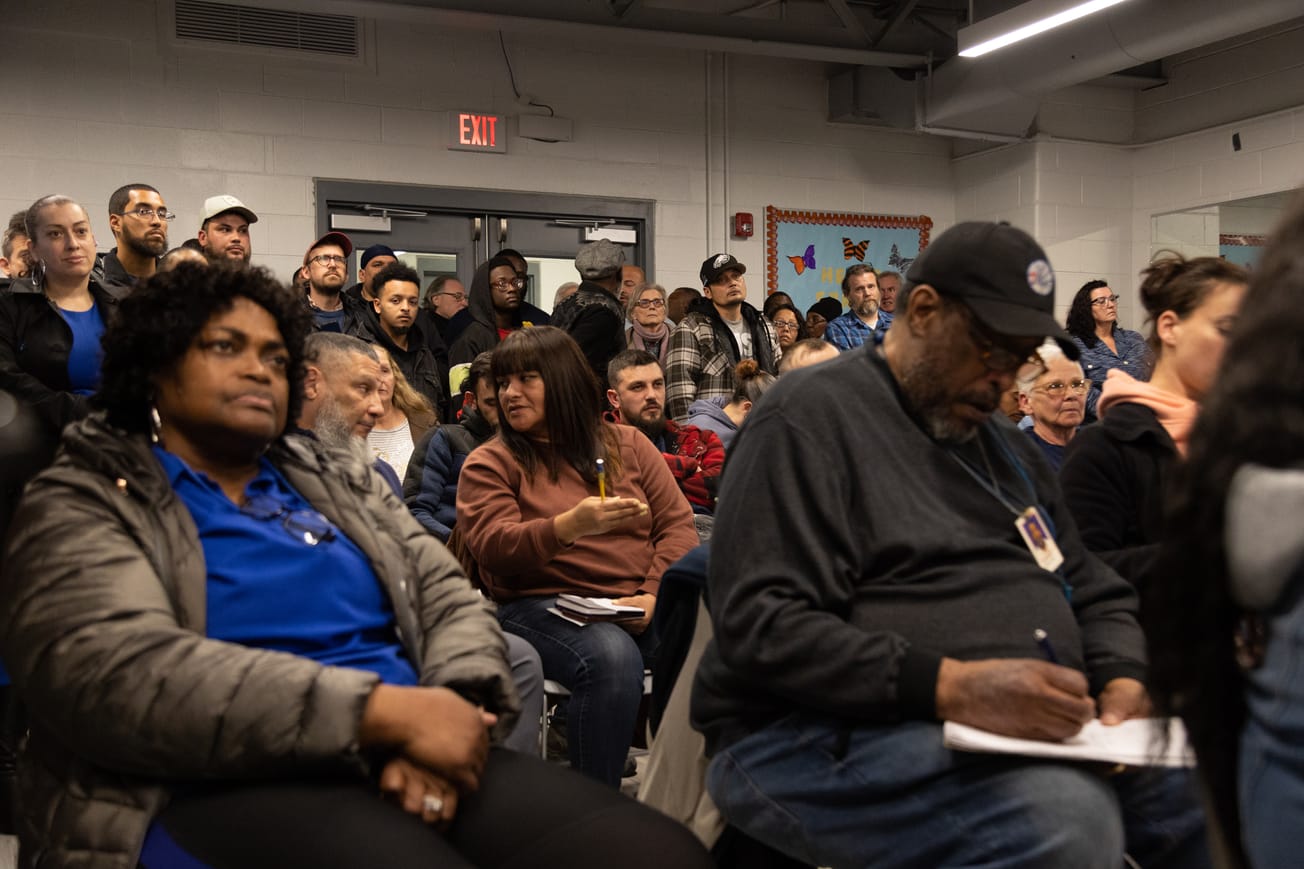The City of Philadelphia is challenging a state trust’s decision to disapprove $3.4 million in opioid settlement funds earmarked for home repairs and small businesses in Kensington.
On Nov. 4, city officials filed an appeal with the Commonwealth Court of Pennsylvania, arguing that the city’s Kensington spending aligns with evidence-based approaches to preventing opioid use in a community that is uniquely vulnerable to drug use and overdose deaths.
The Commonwealth Court is expected to respond by Dec. 18, according to the city.
“This is a big moment,” said Bill McKinney, executive director of the New Kensington Community Development Corporation (NKCDC), the nonprofit in charge of disbursing some of the settlement funds.
The money in question involves $20 million in settlement funds from a federal lawsuit against drug manufacturers and distributors. In 2023, over a third of that funding pot – $7.5 million – was set aside for Kensington and divided into five categories: parks, schools, home repairs, rent relief, and support for small businesses.
But in June, the Pennsylvania Opioid Misuse and Addiction Abatement Trust deemed parts of that spending “noncompliant” with federal rules. The city appealed to the trust’s dispute committee in October, which partially reversed the decision but maintained its disapproval of $3.4 million for Kensington home repairs and small business support.
“I don’t think that we should take it lightly to dismiss science,” said McKinney, emphasizing the scientific evidence presented by the city. “That’s another precedent that is critical, not just for Philly, not just for Kensington, not just Pennsylvania, but for the whole country.”
In the complaint, the city contends that the trust applied an overly narrow and “subjective” interpretation of Exhibit E – a list of approved uses for opioid settlement funds – and imposed criteria beyond its scope. Exhibit E includes a list of approved spending for opioid settlement funds, such as the opioid reversal medication naloxone and medications that treat opioid addiction, like buprenorphine.

The city is arguing that home repairs and business support, while not explicitly mentioned in Exhibit E, fall under the broader definition of “opioid remediation.” The federal definition includes mitigating “alleged effects” of the opioid crisis.
Stable housing is a protective factor against substance misuse, according to Casey O’Donnell, executive director of Impact Services, which is overseeing the home repairs program. Multiple studies have also demonstrated that association.
“It’s really intentional work,” O’Donnell said. “To have that work denied by people who have zero presence here, is troubling. I would never claim to understand the various kinds of components of culture in rural Western Pa.”
The Pennsylvania trust oversees how local municipalities use the opioid settlement funds. The 13-member board is made up of state lawmakers, county health commissioners, mayoral staff members, and alcohol and drug treatment program administrators. Half of the members are elected officials representing counties from across Pennsylvania, including Bucks, Butler Cumberland, Dauphin, Indiana, Mifflin, and Perry.
Despite the board’s October vote, the home repairs already scheduled will still be completed.
The city has already disbursed most of the $7.5 million to Kensington nonprofit groups tasked with distributing the funds, O’Donnell said.
Residents who have already received home repairs will not be expected to pay anything back, and residents on the waiting list for repairs can still expect to receive them, according to Amaury Avalos, spokesperson for the city’s Office of Public Safety (OPS).
The money to support small businesses has already been earmarked by the city, but has not yet been distributed to NKCDC, McKinney said.
City officials involved in filing the appeal said in a statement that the city will continue to fund “affected neighborhoods” with future opioid settlement funds, and follow the court’s guidelines.
The city will direct funds “to implement programs that provide direct aid and resources for residents to address health and quality-of-life challenges in their community,” said city law department spokesperson Ava Schwemler.
City officials have asked the court to approve the Kensington spending in its entirety and “clarify the scope of the Trust’s review of county spending of county opioid settlement funds,” according to the appeal.
Trust members representing the City of Philadelphia declined to comment for this story.

Have any questions, comments, or concerns about this story? Send an email to editors@kensingtonvoice.com.





